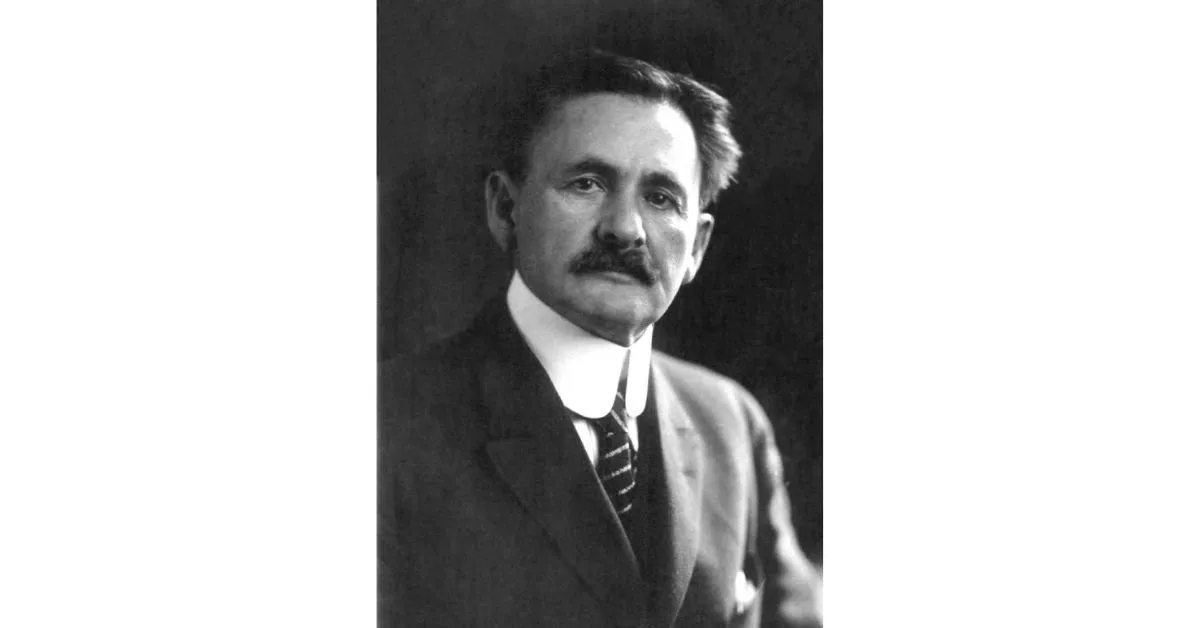The first American to win the Nobel Prize in Physics was Albert A. Michelson. He was awarded the Nobel Prize in Physics in 1907 for his precision optical instruments and the spectroscopic and metrological investigations carried out with their aid. Michelson’s most famous experiment was the measurement of the speed of light, which contributed significantly to the advancement of science in that era.
Unveiling the Trailblazer: The First American to Win the Nobel Prize in Physics
The Nobel Prize in Physics is regarded as one of the most prestigious scientific accolades in the world. Over the years, numerous exceptional minds have been recognized for their groundbreaking contributions to the field. In this article, we delve into the remarkable story of the first American to win the Nobel Prize in Physics, shedding light on the life and achievements of this pioneering figure.
The Groundbreaking Journey of Albert A. Michelson
Albert Abraham Michelson, born on December 19, 1852, in Strelno, Prussia (now Strzelno, Poland), was an extraordinary American physicist. Fueled by an insatiable curiosity for the world around him, Michelson embarked on a journey that would forever change the landscape of physics.

Educational Pursuits and Professional Endeavors
Michelson’s path to scientific greatness began with his studies at the United States Naval Academy, where he graduated with high honors in 1873. He then became an officer in the U.S. Navy, serving for a brief period before pursuing his passion for optics and spectroscopy at prestigious institutions, including the University of Berlin.
Contributions to Physics and the Nobel Prize
Albert Michelson’s most notable contribution to the field of physics occurred in 1887 when he conducted the famous Michelson-Morley experiment. Collaborating with Edward Morley, Michelson sought to measure the speed of light. This experiment sought to detect the existence of a luminiferous aether, a hypothetical substance thought to permeate all of space and time. The aether was believed to be the medium through which light waves traveled, similar to the way sound waves travel through air or water.
The Michelson-Morley experiment involved measuring the speed of light in two directions perpendicular to each other. According to the prevailing theory at the time, if the Earth were moving through the aether, the speed of light should be different in the two directions. However, the experiment’s results showed no difference in the speed of light, regardless of the direction of measurement.
This unexpected outcome challenged the existing understanding of light propagation and paved the way for Albert Einstein’s theory of special relativity, which revolutionized our understanding of space, time, and the nature of light.
Though the experiment did not yield the expected results, it laid the foundation for groundbreaking ideas in the field.
In recognition of his groundbreaking work, Albert A. Michelson was awarded the Nobel Prize in Physics in 1907. His accomplishments, particularly in the measurement of light and the precision of optical instruments, revolutionized the field and opened up new avenues for scientific exploration.
Legacy and Impact
Beyond his Nobel Prize-winning achievement, Michelson left an indelible mark on the scientific community. His meticulous methodology and relentless pursuit of accuracy set the standard for precision measurements in physics. Additionally, his work laid the groundwork for the development of instruments that would significantly impact fields such as astronomy and telecommunications.
Conclusion
Albert A. Michelson, the first American to win the Nobel Prize in Physics, was an exceptional scientist whose contributions to the field continue to reverberate to this day. From his early years as a determined student to his groundbreaking discoveries in the realm of optics and spectroscopy, Michelson’s legacy shines brightly. His pursuit of scientific excellence serves as an inspiration to aspiring physicists worldwide, making him a true trailblazer in the annals of scientific history.
Help us spread the word by sharing this article and ensuring more people get access to this valuable information.

